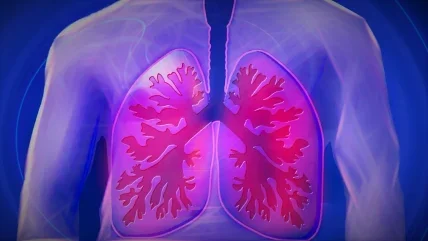
SN Bioscience has secured Fast Track Designation from the US Food and Drug Administration (FDA) for small cell lung cancer (SCLC) therapy, SNB-101 (API: SN-38).
SNB-101 is a new drug for polymer nanoparticle anticancer under clinical trial.
Previously it received orphan drug status for small cell lung cancer and pancreatic cancer in July 2023 and February 2024, respectively.
The recent fast-track designation signals a pivotal step towards immediate commercialisation following the conclusion of Phase 2 clinical trials.
Fast track is a specialised pathway to streamline the development and fasten the evaluation of medications addressing severe conditions with unmet medical requirements.
The designation facilitates enhanced communication with the FDA and permits a segmented review process for submission packages, expediting evaluation.
In addition, it opens options for potential accelerated approval post-Phase 2 studies and priority review post-Phase 3 completion, contingent upon meeting specified criteria.
SNB-101 is a nanoparticle-based anticancer drug globally, supporting the highly insoluble SN-38 into polymer nanoparticles.
Based on nano micelle technology, a fundamental platform of SN Bioscience, it has showcased promising outcomes in preclinical and phase 1 trials.
The Phase 1 study evaluated the safety and tolerability of SNB-101 given to 21 patients with solid tumours in Korea and determined the recommended dose for Phase 2.
As per the results, the candidate reduced gastrointestinal adverse effects compared to conventional anticancer agents and exhibited notable efficacy in lung cancer patients due to targeted delivery to the lungs.
Completion of Phase 1 trials and Investigational New Drug (IND) approval for Phase 2 in Korea sets the stage for global clinical trials, which is expected to start post-IND clearance for Phase 2 in the US and Europe later this year.
SN Bioscience is also planning to expand its indication to other solid cancers like colon, gastric, and biliary tract cancers, with validation sought through Phase 2 trials.






